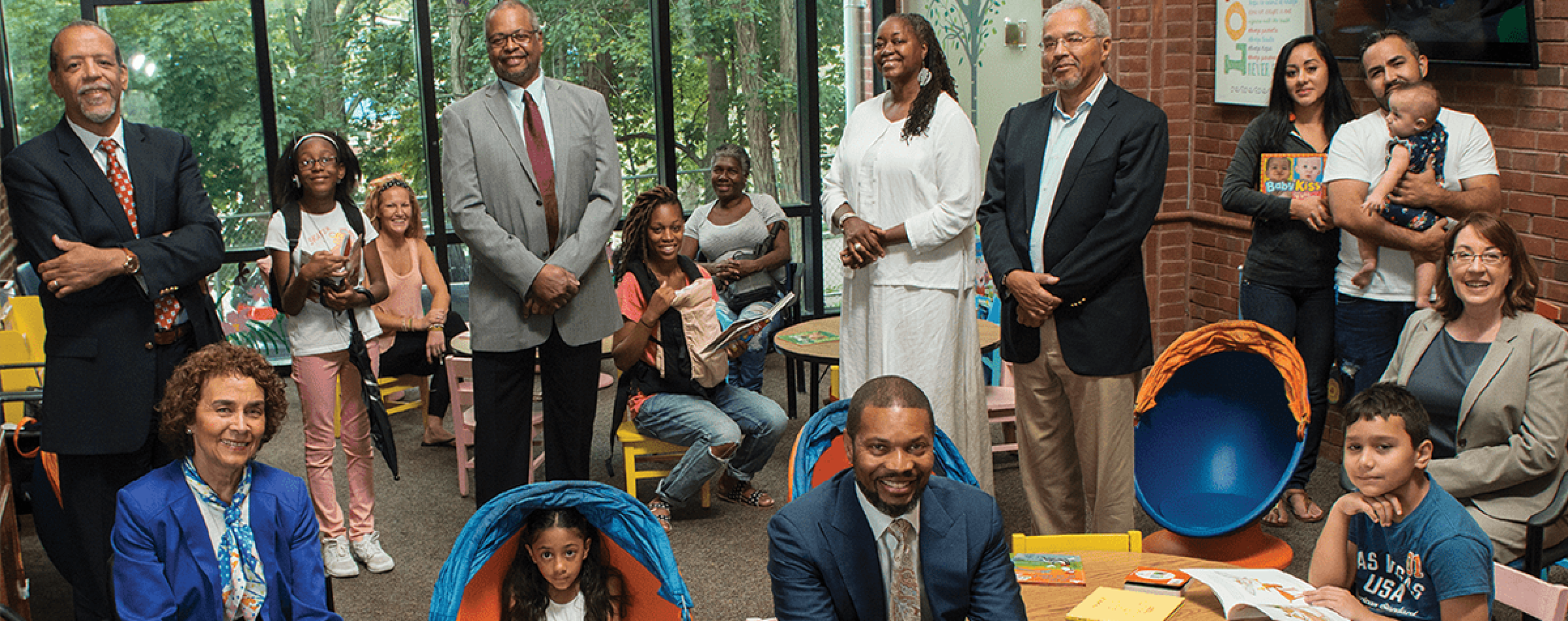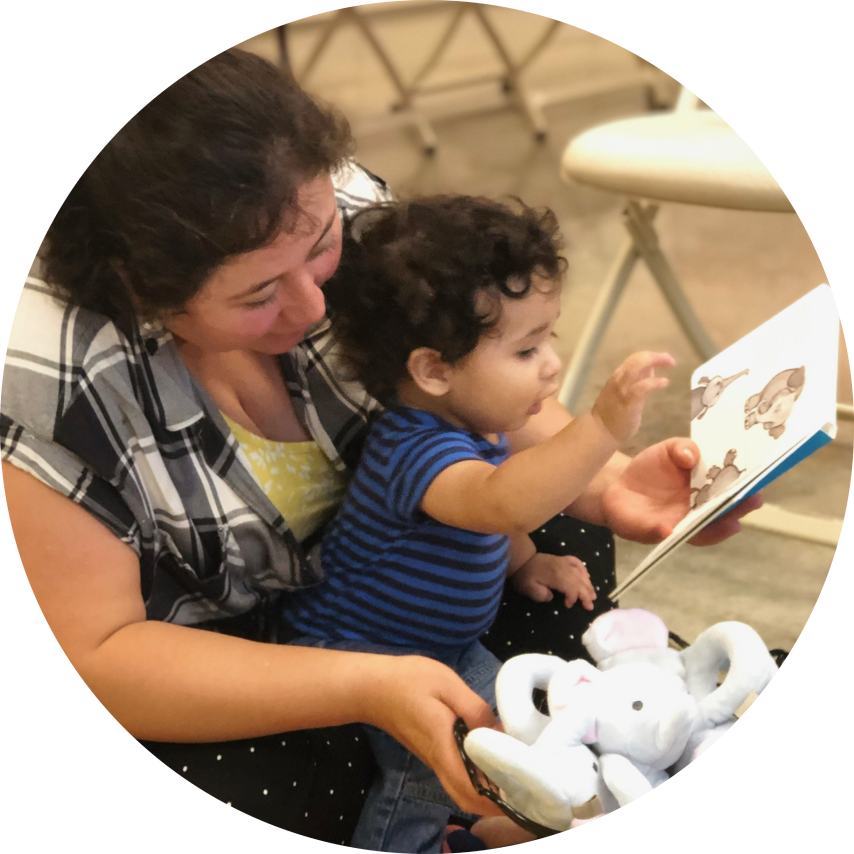The AGI and The Black Philanthropy Fund (an organization of African Americans in Boston) formally launched The Basics movement in Boston in September of 2016 to help prepare children from all backgrounds and across whole neighborhoods to thrive, starting at birth.
The word spread quickly. By December, teams from 11 cities convened in Boston to learn about The Principles, the tools, and the approach. Rather than wait years for Boston to refine the approach, attendees agreed, “We'll figure it out together.” The Basics Learning Network (BLN) was thereby born. It operates under the leadership of The Basics, Inc., a 501(c)3 nonprofit organization under the fiscal sponsorship of Third Sector New England (TSNE).
Today, coalitions across dozens of BLN cities, towns, and counties in the US, Brazil, and Australia are engaging their communities, participating in BLN research, and regularly convening to learn, innovate, and share best practices.
Cincinnati History
In 2011, Dr. Robert Ammerman, Scientific Director of Every Child Succeeds, was invited to speak at a Harvard University conference hosted by Dr. Ron Ferguson. The event, titled “Sharing Knowledge to Enable Effective Parenting: Messages and Mechanisms from Research and Practice,” became the spark that ignited The Basics movement. As Dr. Ferguson has shared, it was during that gathering that the vision for The Basics was born.
While the model began taking root in Boston, Cincinnati continued to grow its own network of early childhood supports. From 2020 to 2023, a group of early childhood organizations in our community formed an Early Childhood Quality Improvement Network focused on improving enrollment processes for families across programs serving low-income infants, toddlers, and preschoolers. After three years of collaboration and measurable success, the network began asking: What’s next?
When we posed that question to our partners, the answer was loud and clear. Nearly every provider reported seeing an increase in developmental delays and behavior challenges among children entering their programs—greater than anything they had experienced in the past. We were seeing the same challenges in pediatric practices and in the local kindergarten programs. While many preschool programs were already addressing these issues individually, there was a desire to come together as a system to support families before children reached preschool age.
We decided, as a network, to focus upstream—on the birth-to-three window—where we could collectively support families in building strong developmental foundations. What we needed was a simple, unifying approach to help parents support their children’s growth right from the start.
That’s when Dr. Ammerman reintroduced The Basics. Our team saw the potential. The five principles were simple, powerful, and easy for families to integrate into their daily routines. Just as importantly, they offered a shared language that could unify our community and reinforce key messages no matter where families turned for support.
At the same time, Cincinnati’s early childhood work was continuing to evolve. Efforts like Every Child Succeeds and the formation of All Children Thrive had already created strong cross-sector partnerships focused on early development and family well-being. But what was still missing was a universal, community-wide message that could reach all families with young children.
In 2023, the Fisher Center for Health Equity identified The Basics as a key strategy to fill that gap and began engaging local partners to bring the model to life in our region.
With that momentum, The Basics Cincinnati was officially launched—a movement to ensure every child in our community gets the strong start they deserve by making early brain development everyone’s business.




